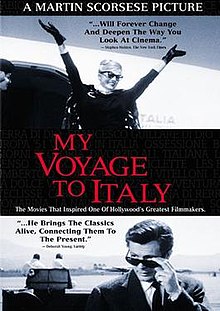
The cinema of Italy comprises the films made within Italy or by Italian directors. Italy is one of the birthplaces of art cinema and the stylistic aspect of film has been one of the most important factors in the history of Italian film. As of 2018, Italian films have won 14 Academy Awards for Best Foreign Language Film as well as 12 Palmes d'Or, one Academy Award for Best Picture and many Golden Lions and Golden Bears.
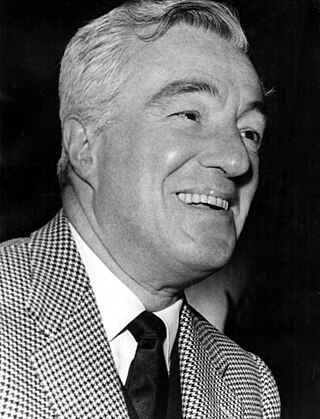
Vittorio De Sica was an Italian film director and actor, a leading figure in the neorealist movement.

Roberto Gastone Zeffiro Rossellini was an Italian film director, screenwriter and producer. He was one of the most prominent directors of the Italian neorealist cinema, contributing to the movement with films such as Rome, Open City (1945), Paisan (1946), and Germany, Year Zero (1948). He is also known for his films starring Ingrid Bergman, Stromboli (1950), Europe '51 (1952), Journey to Italy (1954), Fear (1954), and Joan of Arc at the Stake (1954).

Cesare Zavattini was an Italian screenwriter and one of the first theorists and proponents of the Neorealist movement in Italian cinema.

Italian neorealism, also known as the Golden Age, was a national film movement characterized by stories set amongst the poor and the working class. They are filmed on location, frequently with non-professional actors. They primarily address the difficult economic and moral conditions of post-World War II Italy, representing changes in the Italian psyche and conditions of everyday life, including poverty, oppression, injustice and desperation.
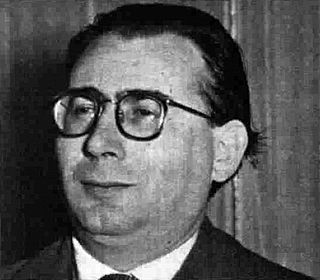
Diego Fabbri was an Italian playwright whose plays centered on religious (Catholic) themes.

Telefoni Bianchi films, also called deco films, were made by the Italian film industry in the 1930s and the 1940s in imitation of American comedies of the time in a sharp contrast to the other important style of the era, calligrafismo, which was highly artistic. The cinema of Telefoni Bianchi was born from the success of the Italian film comedy of the early 1930s; it was a lighter version, cleansed of any intellectualism or veiled social criticism.
The Nastro d'Argento for Best Director is a film award bestowed annually as part of the Nastro d'Argento awards since 1946, organized by the Italian National Association of Film Journalists, the national association of Italian film critics.

Franco Fabrizi was an Italian actor.
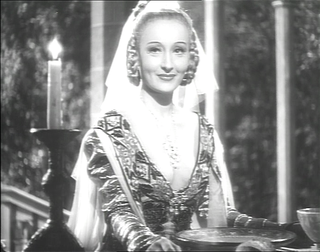
Clara Calamai was an Italian actress.

Franco Interlenghi was an Italian actor.

Otello Martelli was an Italian cinematographer whose films include La Dolce Vita.
Cineriz was an Italian film production and distribution company, founded in 1956 by the businessman Angelo Rizzoli. The company produced and/or distributed films by Federico Fellini, Gillo Pontecorvo, Luchino Visconti, Michelangelo Antonioni, Pier Paolo Pasolini, Pietro Germi, Roberto Rossellini, Vittorio De Sica and others. In 1993, Cineriz was incorporated into the RCS MediaGroup.

Brunello Rondi was an Italian screenwriter and film director, best known for his frequent script collaborations with Federico Fellini.
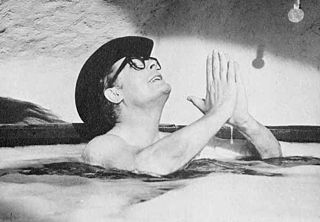
The list of the 100 Italian films to be saved was created with the aim to report "100 films that have changed the collective memory of the country between 1942 and 1978". Film preservation, or film restoration, describes a series of ongoing efforts among film historians, archivists, museums, cinematheques, and non-profit organizations to rescue decaying film stock and preserve the images they contain. In the widest sense, preservation assures that a movie will continue to exist in as close to its original form as possible.
The Nastro d'Argento is a film award assigned each year, since 1948, by Sindacato Nazionale dei Giornalisti Cinematografici Italiani, the association of Italian film critics.

Turi Vasile was an Italian producer, director, playwright, screenwriter, film critic and author.

Salvo D'Angelo was an Italian film producer. He also worked as an art director and production designer.

Mimmo Poli was an Italian film character actor.
